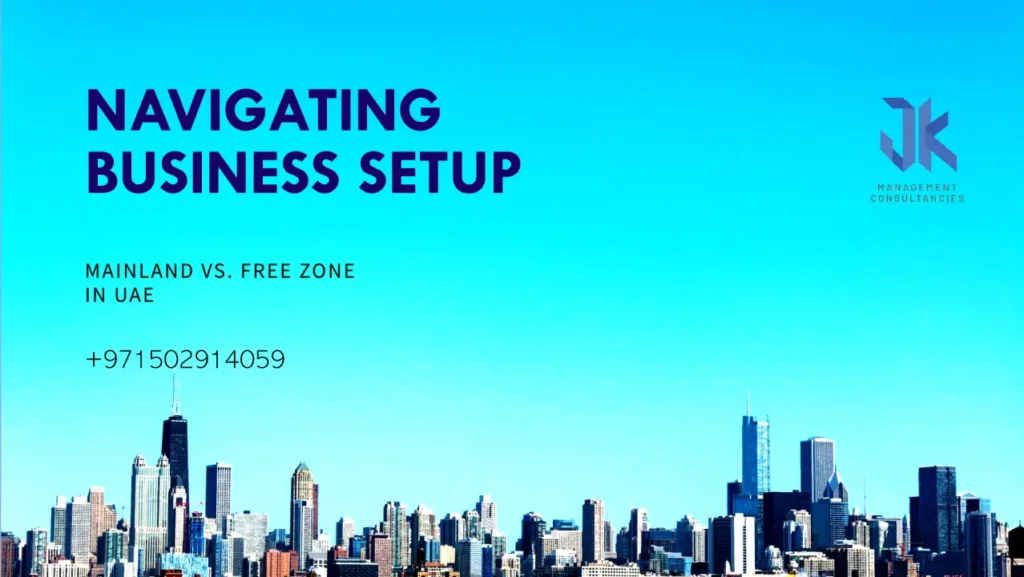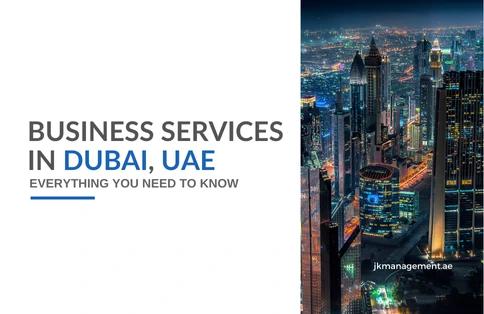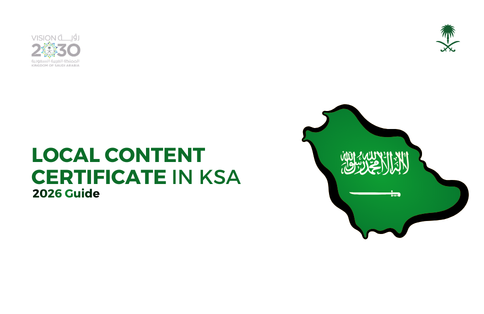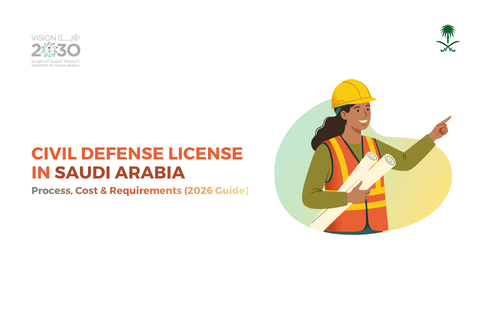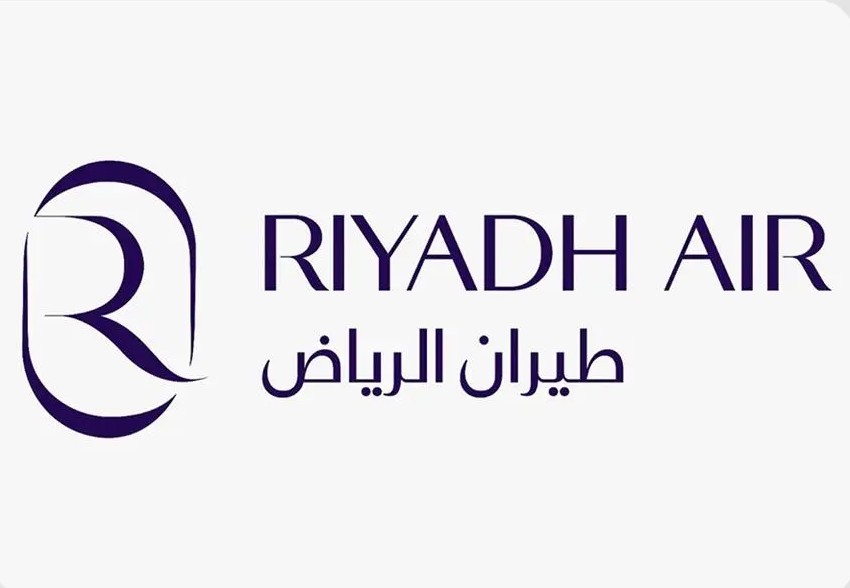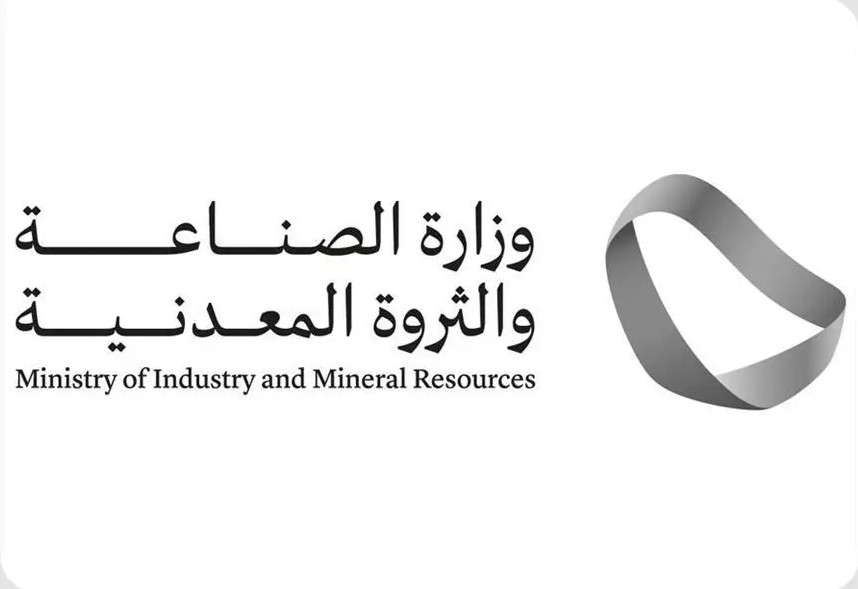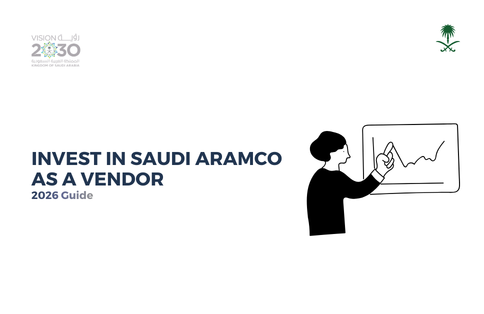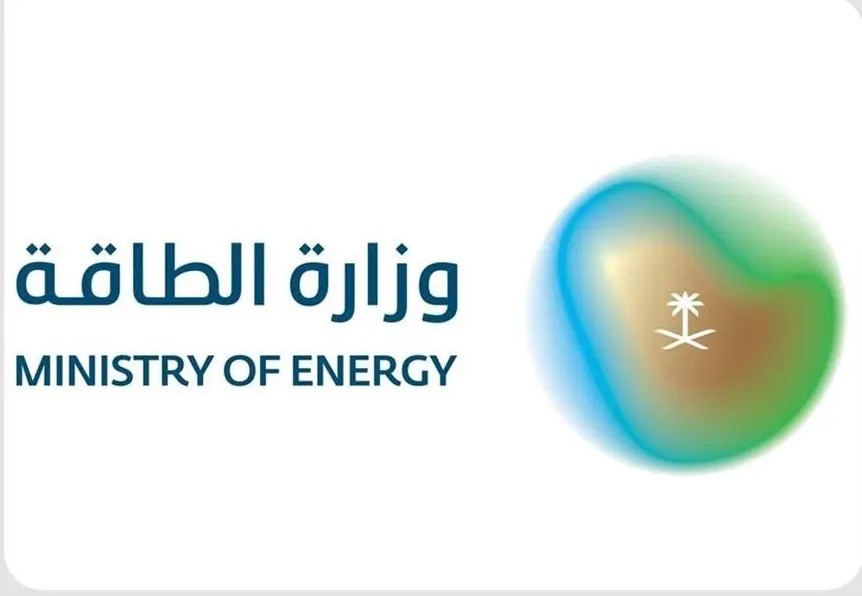When establishing a business in the United Arab Emirates (UAE), entrepreneurs face a pivotal decision: should they opt for a mainland or a free zone setup? Each option offers distinct advantages and caters to different business needs. This article provides a detailed comparison on Mainland vs Free Zone , exploring the latest updates on taxation laws, the differences in setup processes, and practical implications for business owners.
Overview of Mainland vs Free Zone Companies
Mainland Companies
Mainland companies, registered with the Economic Department, can operate across the UAE and take on government projects. With recent laws allowing 100% foreign ownership, Mainland setups offer broader market access compared to Free Zone options.
Free Zone Companies
Free Zone companies offer 100% ownership, tax benefits, and industry-specific advantages but are limited in local operations. Mainland vs Free Zone setups differ in ownership, business scope, and regulatory flexibility.
Key Differences
Ownership and Control
Free zones offer 100% foreign ownership, whereas mainland companies now also allow full foreign ownership for a wide array of activities, although this was not traditionally the case Incorporation in Dubai
Scope of Business
Mainland companies can operate freely throughout the UAE and engage directly with the local market. In contrast, free zone companies are restricted to operating within their zones or internationally, needing a local agent to conduct trade outside their zones
Tax Considerations
Free zone companies benefit from tax exemptions, including corporate tax exemptions under certain conditions. However, new corporate tax laws from June 2023 impose a 9% tax on mainland companies if profits exceed AED 375,000
Visa and Office Requirements
Mainland setups offer more flexibility in visa quotas, linked to office space size, which is advantageous for larger businesses. Free zones provide a limited number of visas, making them suitable for smaller enterprises or startups
Recent Updates and Taxation Laws
The introduction of the Federal Decree-Law No. 47/2022 has significant implications for both mainland and free zone companies, particularly concerning corporate taxation in free zones. To benefit from a 0% tax rate, free zone companies must meet specific criteria and engage in qualifying activities.
Practical Considerations
Setup Costs and Procedures
The costs and procedures for setting up businesses in mainland and free zones have become more comparable recently. However, free zones often offer more cost-effective packages for startups and SMEs, with quicker setup times compared to mainland companies.
Expansion Flexibility
Mainland companies enjoy greater flexibility in expanding their operations across the UAE, which is crucial for businesses with growth ambitions in the local market
Conclusion
Choosing between a mainland and free zone setup in the UAE depends on several factors, including your business’s nature, target market, and growth strategies. Both options offer unique advantages, and the decision should align with your specific business goals and operational needs. As the UAE continues to adapt its economic regulations, staying informed about the latest changes is crucial for maximizing your company’s potential in this dynamic market.

